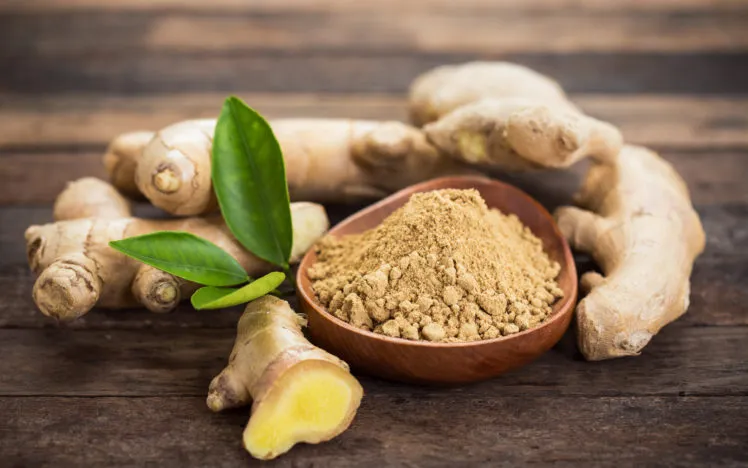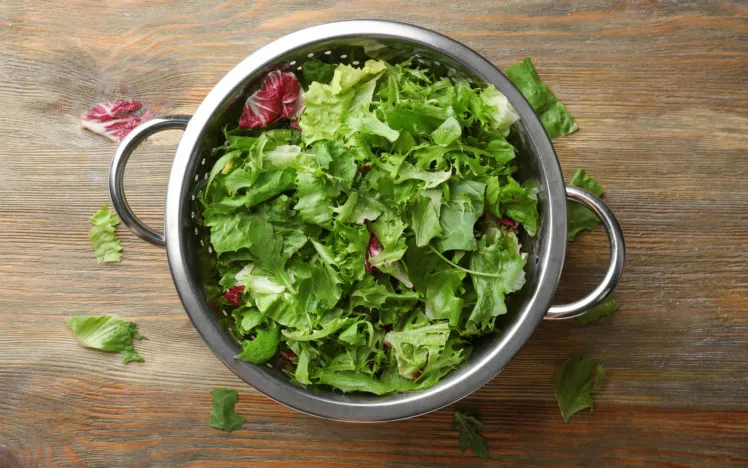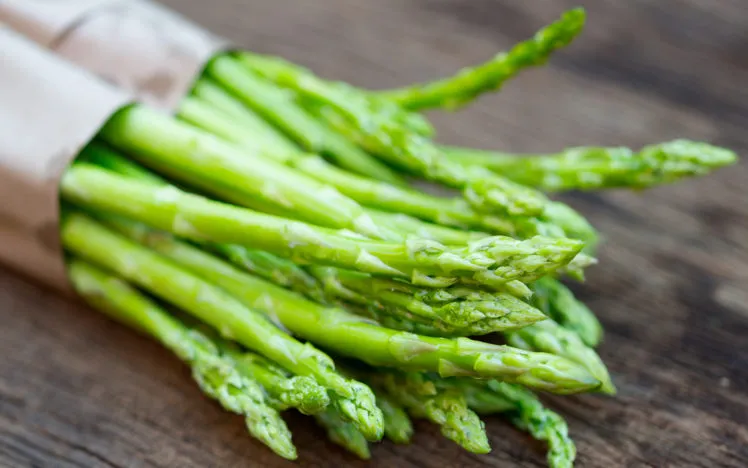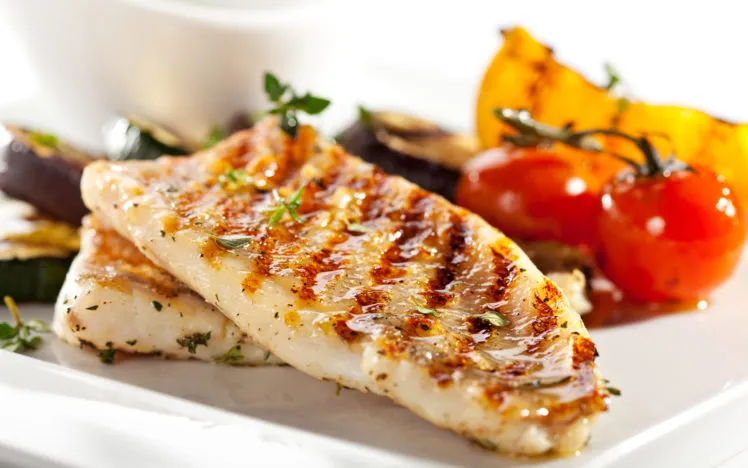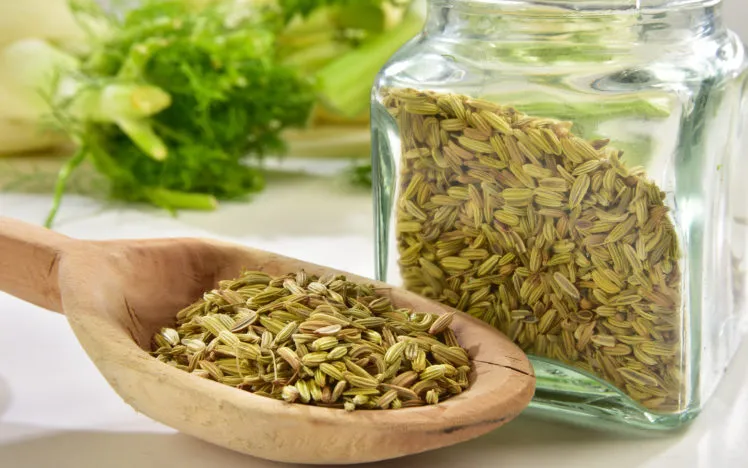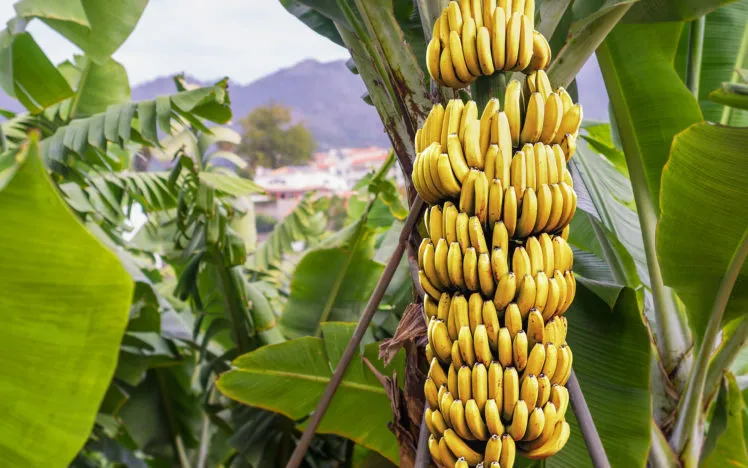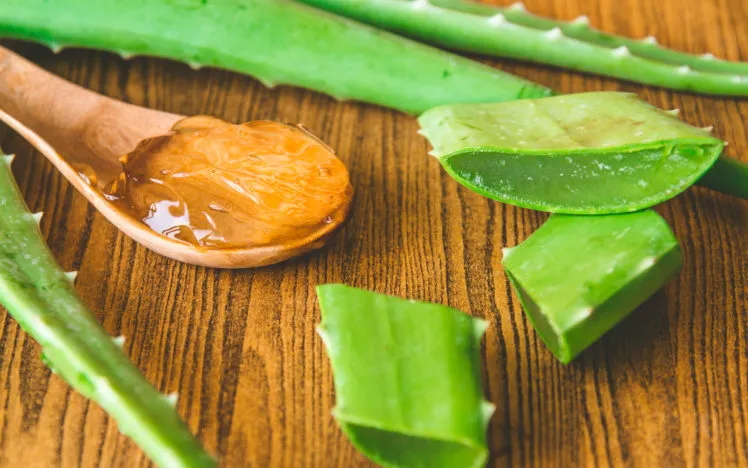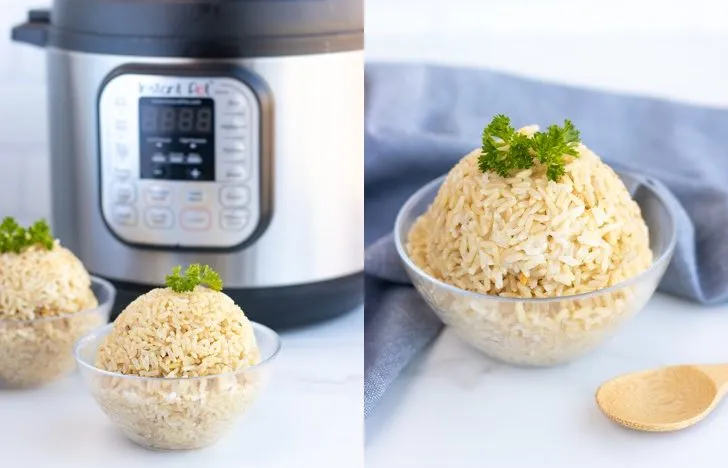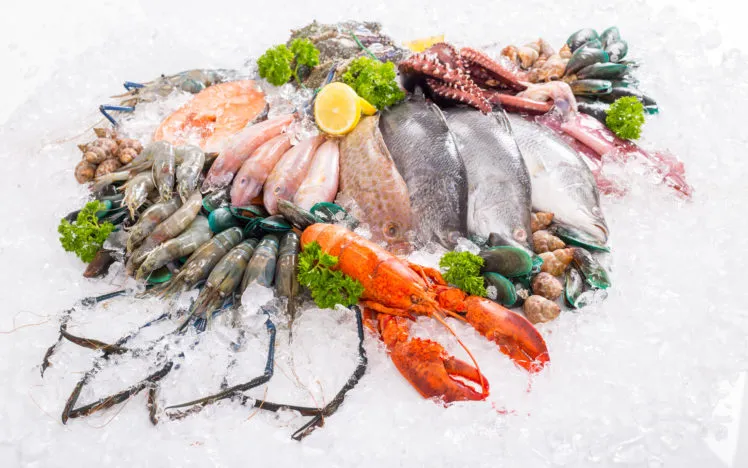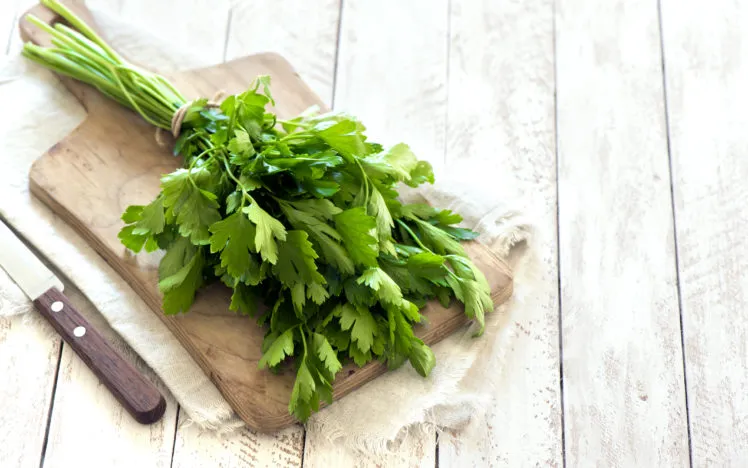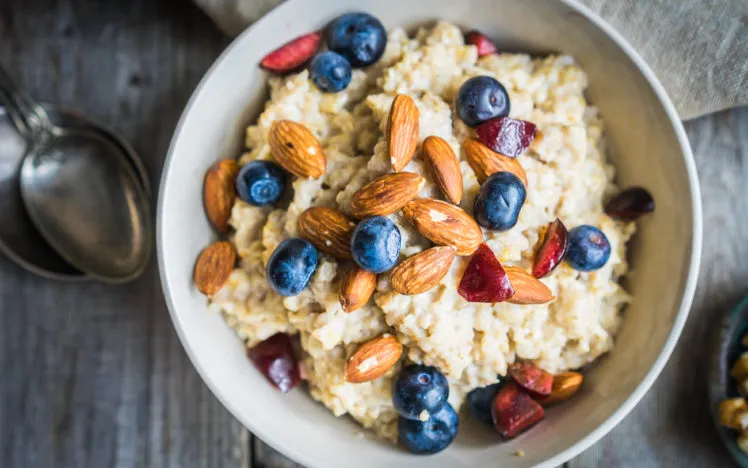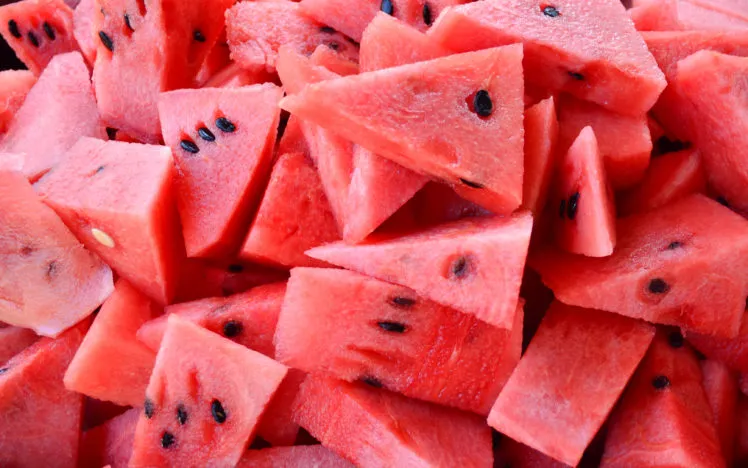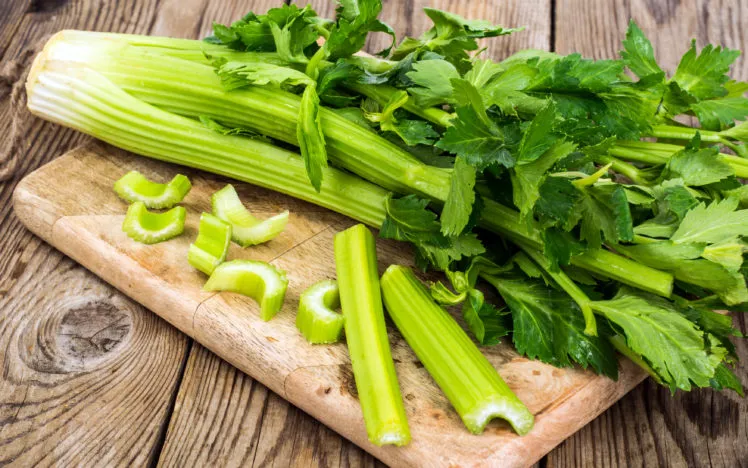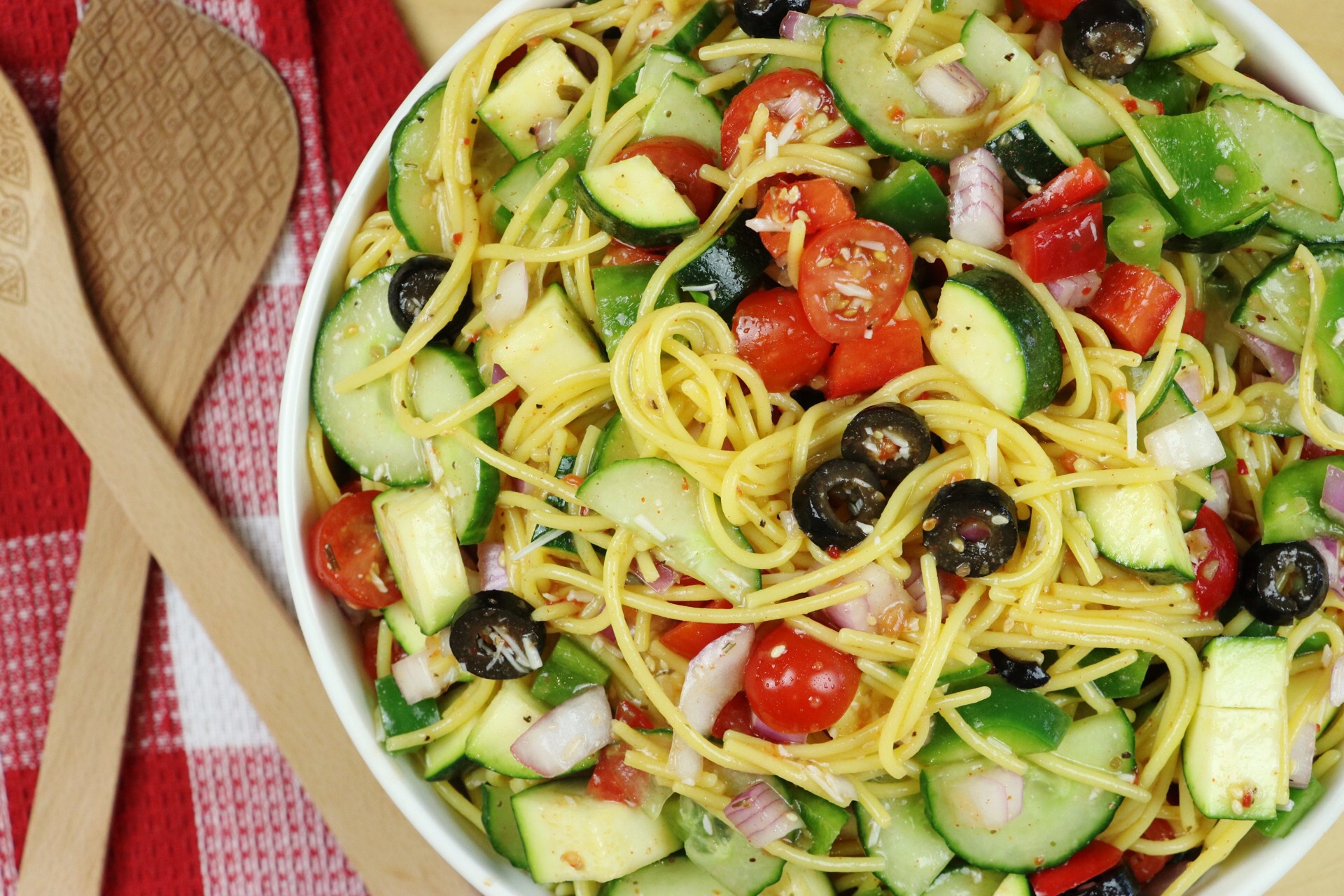Foods to Help Treat GERD
If you have GERD (or gastroesophageal reflux disease), the first thing that you need to do is re-evaluate your diet. Dietary changes can do a lot to ease acid reflux symptoms. Especially if that painfully familiar burning sensation in your chest and throat occurs after eating certain trigger foods, causing stomach acid backup.
Here are fifteen foods that can help treat GERD…
1. Ginger
Ginger is already well known for calming tummy troubles, and when it comes to acid reflux, ginger can quell those symptoms in moderation. A powerful anti-inflammatory, peel a fresh ginger root and slice or dice it to add to a smoothie, stir-fry, salad, or steep it as a tea.
2. Leafy Greens
GERD sufferers should make a point of eating salad every single day…mind you skip the acidic tomatoes and onions though. However, leafy greens—such as baby spinach, arugula, mesclun mix, and romaine lettuce—can be tossed in a fresh bowl or stuffed in a sandwich for their anti-inflammatory prowess.
3. Herbal Tea
Coffee and carbonated beverages—like pop and energy drinks—likely kick your acid reflux into action. So opt for decaffeinated, herbal teas to soothe your sore throat and your acid reflux too.
4. Poultry
Chicken and turkey should be multi-weekly menu items on your reflux-friendly diet. Plus, you can prepare these so many ways—baked, steamed, grilled, stir-fried, or sautéed. Just go for white meat and always remove the skin for the lowest fat; high protein option.
5. Asparagus
Asparagus is an ideal food for those with GERD due to the fact that it aids in maintaining the acid-alkali balance of the body and controls acid levels in the digestive system.
6. Fish
Wild fish (as opposed to farm-raised filets) serve as an excellent protein for those with acid reflux. Packed full of healthy, omega-3 fats, which help reduce reflux, wild trout, cod, salmon, and sole can be broiled, grilled, baked, or stir fried—just be sure to skip the creamy, fatty sauce.
7. Fennel
Fennel, the crunchy vegetable with the distinct licorice flavor, is touted for improving stomach and digestive performance. If you slice or dice it, you can toss it into salads, casseroles, a chili, stew, or soup to add a little unique zip!
8. Bananas
Bananas make a great snack for people with GERD. However, a small minority of those with acid reflux (1-percent) complain that bananas aggravate their discomfort—so peel with caution.
9. Aloe Vera
Aloe Vera has been administered as a natural healing agent for digestive issues, including indigestion, for decades. You can buy it as a living plant and break off a bit as you need it, or you can purchase Aloe Vera in bottled liquid form and add it to your morning juice or smoothie.
10. Brown Rice
Complex carbohydrates, such as brown rice, help absorb the acid in the digestive system and keep it under wraps. Plus, brown rice, quinoa, and couscous are high in fiber, which means they’ll thwart post-meal acid indigestion. Looking for a quick and easy way to cook a large batch of brown rice? Check out this Instant Pot Hack: Cooking Perfect Brown Rice.
11. Seafood
Shrimp, lobster, scallops, and muscles are all excellent sources of protein that lend a hand towards diminishing acid reflux.
12. Parsley
For thousands of years, this medicinal herb has been used to soothe stomach ailments. Sprigs of parsley are often given as after dinner aids to ease digestion. So sprinkle a little bit of flat-leaf or curly parsley on to your meals to act as a seasoning, a garnish, and a digestif.
13. Oatmeal
Oatmeal is the breakfast of champions—it’s true that it will fuel you for the day, keep you full for longer, and absorb any excess acidity in your stomach.
14. Watermelon
And in fact melons of all types—including honeydew and cantaloupe—are neutral in terms of their acidity, which encourages digestion and reduces acid build up and the harshness of reflux.
15. Celery
Celery is not only a great appetite suppressant as well as a particularly notable source of roughage—the fact that it’s high in water content and antioxidants means it soothes heartburn and eliminates indigestion-causing toxins, and purging them via the digestive system and intestinal tract.


